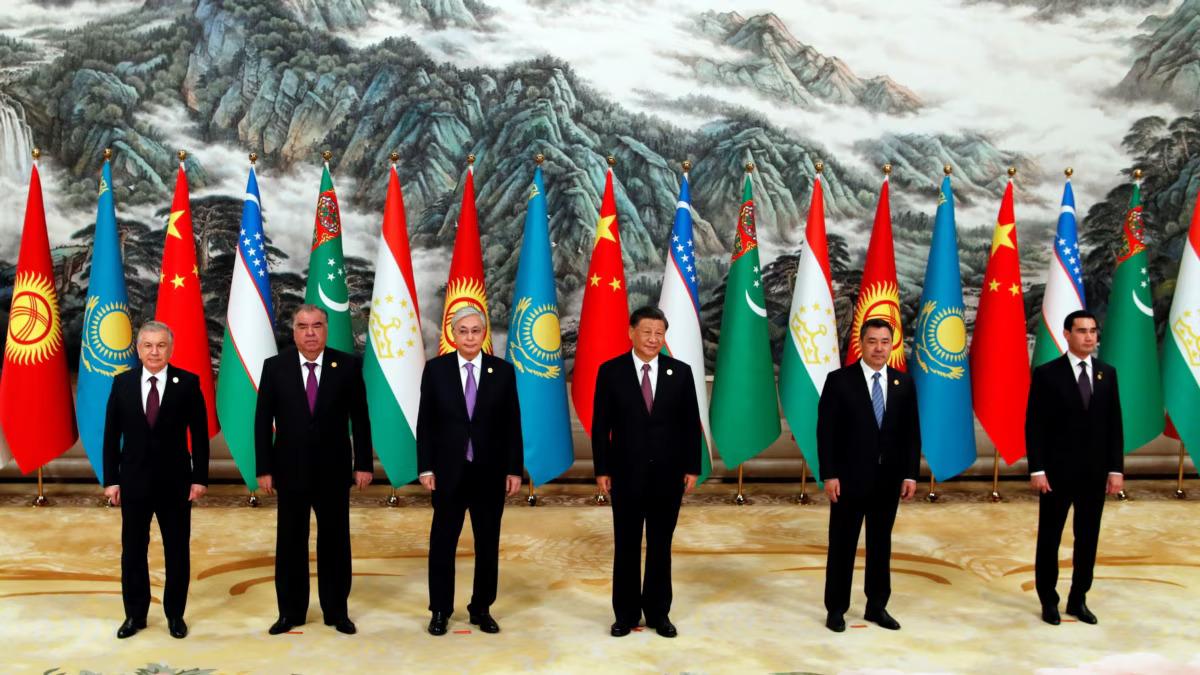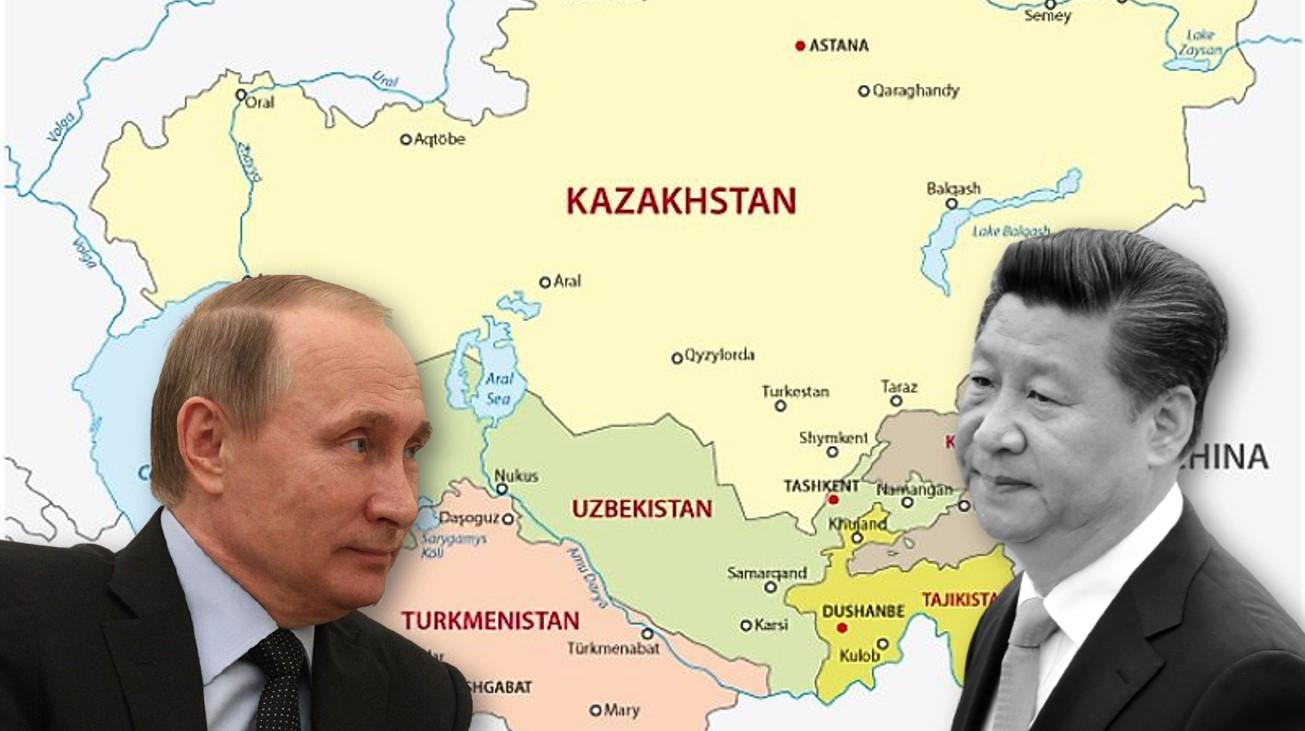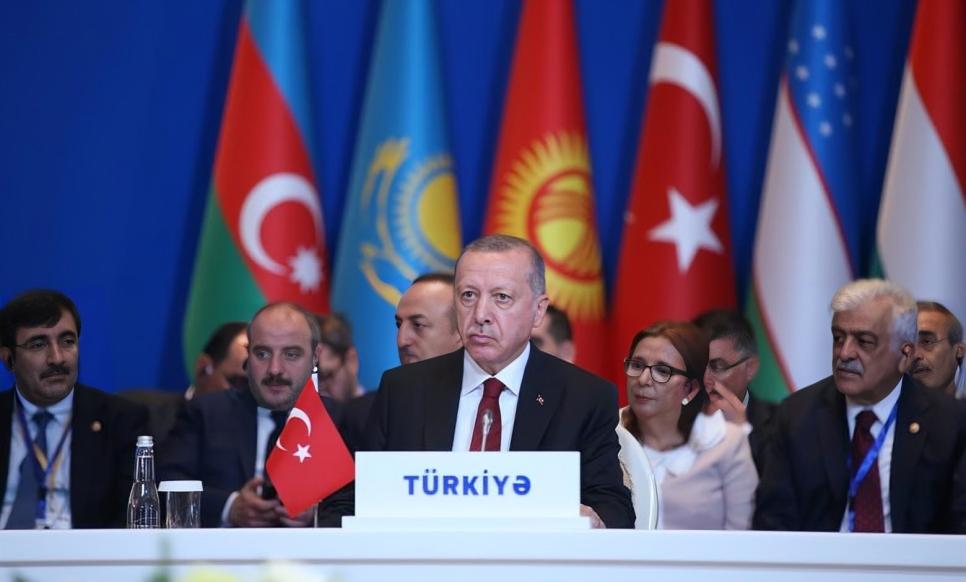Türkiye’s rise in the Central Asian region New partner but an old friend/VIDEO
Central Asia—consisting of Kazakhstan, Uzbekistan, Kyrgyzstan, Tajikistan, and Turkmenistan—occupies a crucial place in the global landscape. Its location at the crossroads of Russia, Iran, and China, its energy resources, and its vast economic potential make it a critical region for US interests. Given the region's strategic location, the US is not the only external actor seeking deep engagement with it.
China and Russia have long maintained leading roles in the region in terms of economic and security partnerships, though the latter’s influence diminished due to its engagement in the war in Ukraine. More recently, Iran has shown interest in filling the power vacuum in the region resulting from the ongoing war in Ukraine.
However, because of the war in Ukraine, most Central Asian countries are now seeking to distance themselves from Russia and broaden their horizons by forging new partnerships. Kazakhstan, Uzbekistan, and Kyrgyzstan especially are seeking more cooperation with the West and Turkey.

China took the initiative to boost its influence in the region through its ambitious economic projects, namely the Belt and Road Initiative (BRI). China heavily invested in various infrastructure projects in the Central Asian region, thus establishing a permanent footprint and signalling to external actors that it will not tolerate explicit intervention in its close vicinity.
However, unlike China and Russia, Western countries do not have positive experiences of direct engagement with Central Asian states. For that purpose, the US and the European Union recently endorsed NATO-member Türkiye's take a leading role in linking the region with the West. In the early 1990s, Ankara set up the Turkish Cooperation and Coordination Agency to increase cultural and economic ties with Central Asian countries.
Türkiye is actively seeking to expand its sphere of influence and role in Eurasian and global markets by strategically positioning itself as an alternative to Russia in China's Belt and Road Initiative. This move is not only about connecting China, Central Asia, and Europe but also about Türkiye's growing influence in the region.

In addition, Ankara sought more active engagement with the region through recent defence agreements as well as arms sales. In March 2022, Erdogan visited Uzbekistan to strengthen the Turkish-Uzbek partnership. Ten agreements were signed during the visit, while both countries pledged to increase bilateral trade volume to $10 billion.
The notable increase in Türkiye’s interest in Central Asia and the corresponding increase and diversification of its “investment portfolio” can be directly attributed to its successful multi-domain cooperation with Azerbaijan in the war over Karabakh in 2020 and since. This successful partnership has not only encouraged Türkiye to enhance its overall presence beyond the Caucasus but also ratified its bona fides as a reliable partner that delivers for its partners.
Türkiye finds it suitable to make inroads into the Central Asian market via the safe Caucasus and Caspian routes, bypassing Russian and Iranian territories. According to statistics, since 2020, the number of Turkish military products flooding the Central Asian defence market surpassed Russia and China.

More broadly, Turkish ambitions in Central Asia have evolved considerably; they are shaped as much by the interests of other states as by the means available to achieve its goals.
Ankara has strongly reaffirmed its position toward Central Asia since President Recep Tayyip Erdogan's re-election in May 2023. This partnership with Türkiye enables the landlocked countries to embrace a new strategy that rules out Russia's and China's participation, giving them more space for manoeuvring.
These manifestations of connectivity not only strengthen Central Asian security but also diversify the number of serious participants with whom it interacts, reduce both Russian and Chinese threats to local governments, and improve their economies and domestic security.








